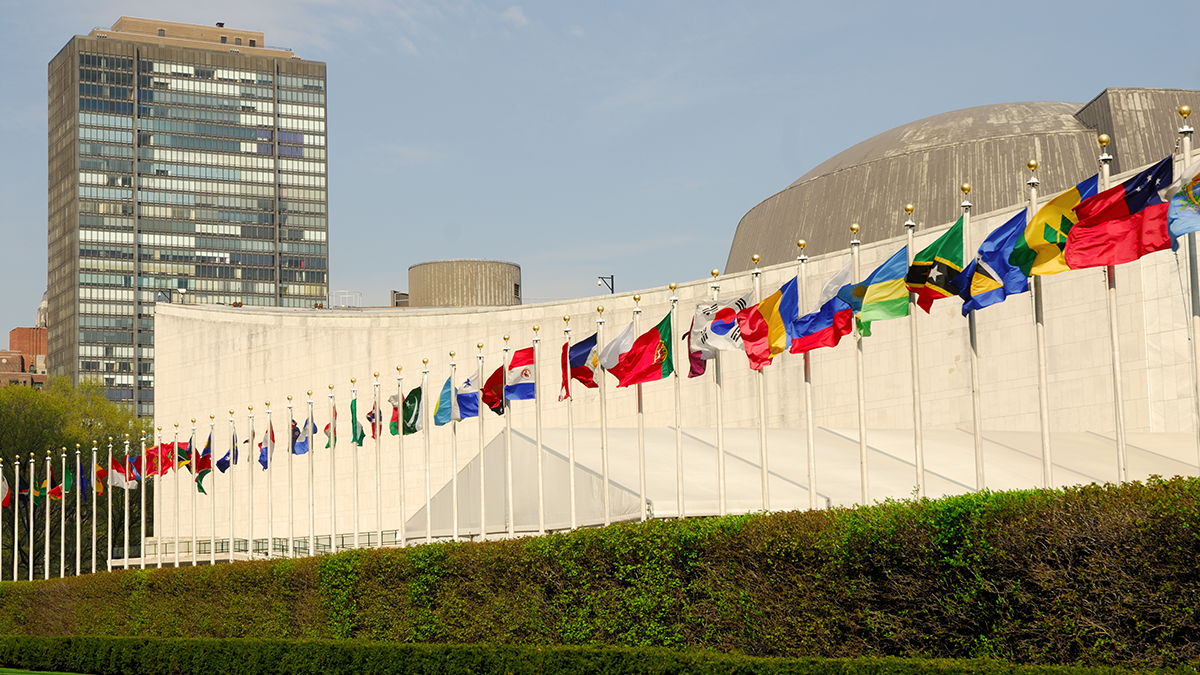Food & Sustainability
Group leader: Karen Lykke Syse
 The globalization of food systems creates a wealth of conflicts and paradoxes, ethical considerations and dilemmas both in the Global South and North. We need to understand the complex patterns shaping what we eat, how we eat, who has access to what kind of food, and how food production and consumption shapes both planetary and human health.
The globalization of food systems creates a wealth of conflicts and paradoxes, ethical considerations and dilemmas both in the Global South and North. We need to understand the complex patterns shaping what we eat, how we eat, who has access to what kind of food, and how food production and consumption shapes both planetary and human health.
By linking production and consumption, environment, health and economy, the participants in this group investigate the factors that impact the journey food takes from production on the farm to peoples’ tables across the world. By doing so, we unveil the shifting power relations in the food system and try to understand the drivers of change towards sustainable food systems.
Current explanations of food and nutrition security tend to focus either on our food production system or the culture of consumption. The most critical gap in the research on sustainable food systems lies in the lack of comprehensive, inter-relational knowledge along the whole food chain.
We propose that to fully grasp the politics, practices and culture of food we need to explore the entire food chain from farm to fork; globally, nationally and locally.
Environmentalities
Group leader: Karen Lykke Syse
 We carry out interdisciplinary research on perceptions of and attitudes to nature and the environment, and the way these are created and changed in various cultural, political and institutional contexts.
We carry out interdisciplinary research on perceptions of and attitudes to nature and the environment, and the way these are created and changed in various cultural, political and institutional contexts.
We work in a number of different research areas:
- Narratives and rhetoric about the natural environment ranging from literature and art to popular culture and media;
- The relationship between human experience of place, identity and quality of life;
- How locative technologies and means of navigating in nature impact human relationships with nature and the human sense of place;
- Landscape as an arena for knowledge and memory;
- The relationship between environmental discourse and practice, especially with regard to the use and abuse of natural resources;
- Interactions between local knowledge and expert knowledge in environmental custodianship;
- The impact of cultural institutions and power structures on attitudes to nature;
- The enduring concept of “the Good Life” close to nature as a cultural ideal;
- The role of counter-cultural groups in creating and spreading alternative visions of “the Good Life”
Global Governance for Sustainable Development
Group leader: Benedicte Bull
 The importance of governance has been increasingly recognised in efforts to achieve poverty reduction and sustainable development. This research group focuses on the way power is exercised in policy processes and negotiations between states, multilateral organisations, private companies and other non-state actors.
The importance of governance has been increasingly recognised in efforts to achieve poverty reduction and sustainable development. This research group focuses on the way power is exercised in policy processes and negotiations between states, multilateral organisations, private companies and other non-state actors.
Governance is concerned with the way power is exercised, and the rules and institutions – both formal and informal – that govern behaviour in different arenas. This research area is concerned with relations between states, international governmental and non-governmental organisations, private companies, and other non-state actors, that influence the achievement of goals related to sustainable development.
We focus particularly on shifts in governance as a result of global political, economic and environmental changes, and study these shifts in different geographical areas, in various fields, and at different levels – local, national and global.
Our objectives are:
- To examine how states, multilateral organizations, private companies, investors, and other non-state actors exercise power in different institutional settings, and how it influences governance outcomes.
- To study the interplay between political, economic, socio-cultural and institutional factors in governance processes, and identify its influence on development and the environment.
- To investigate changes in governing elites, and consequences for institutions and policy outcomes.
